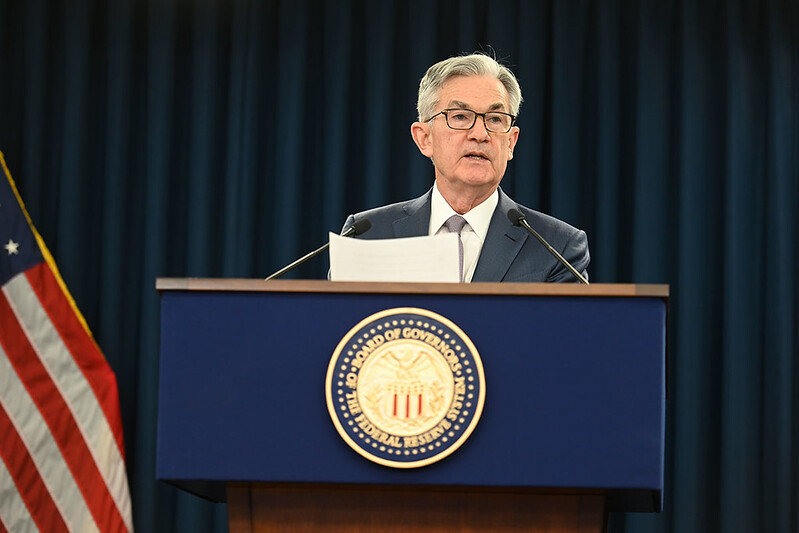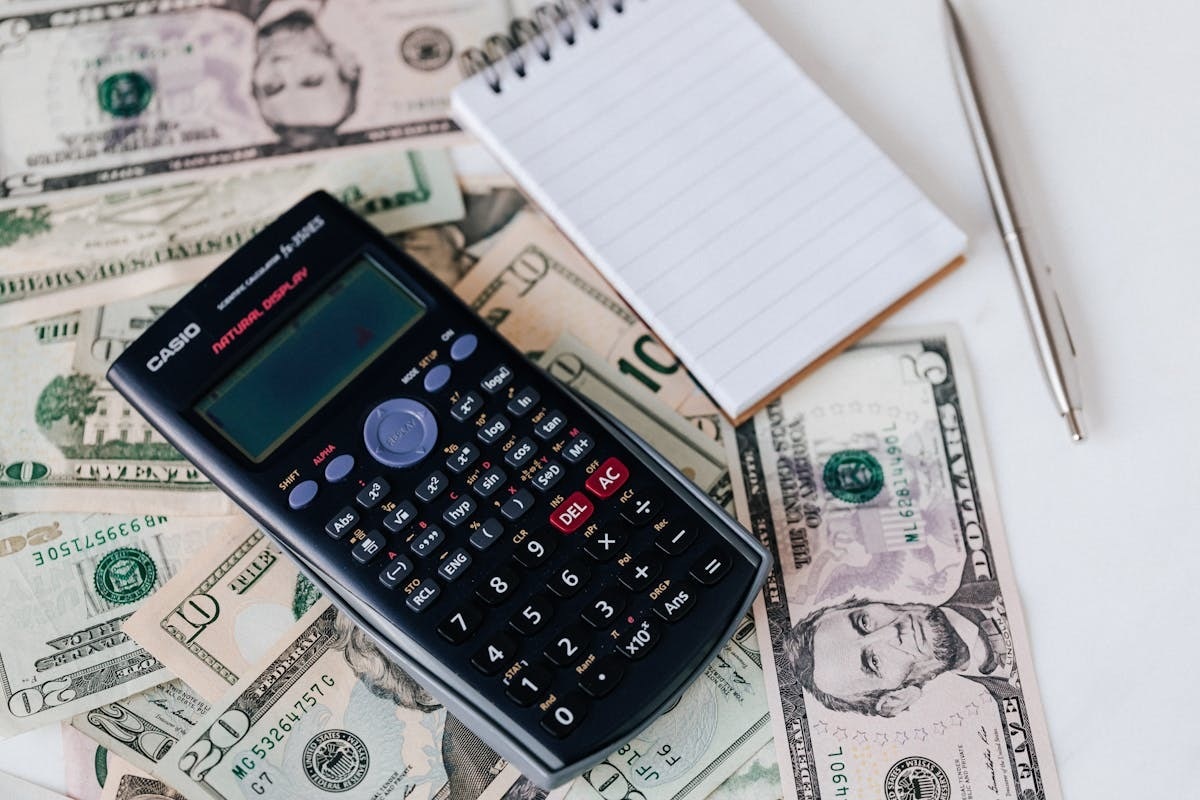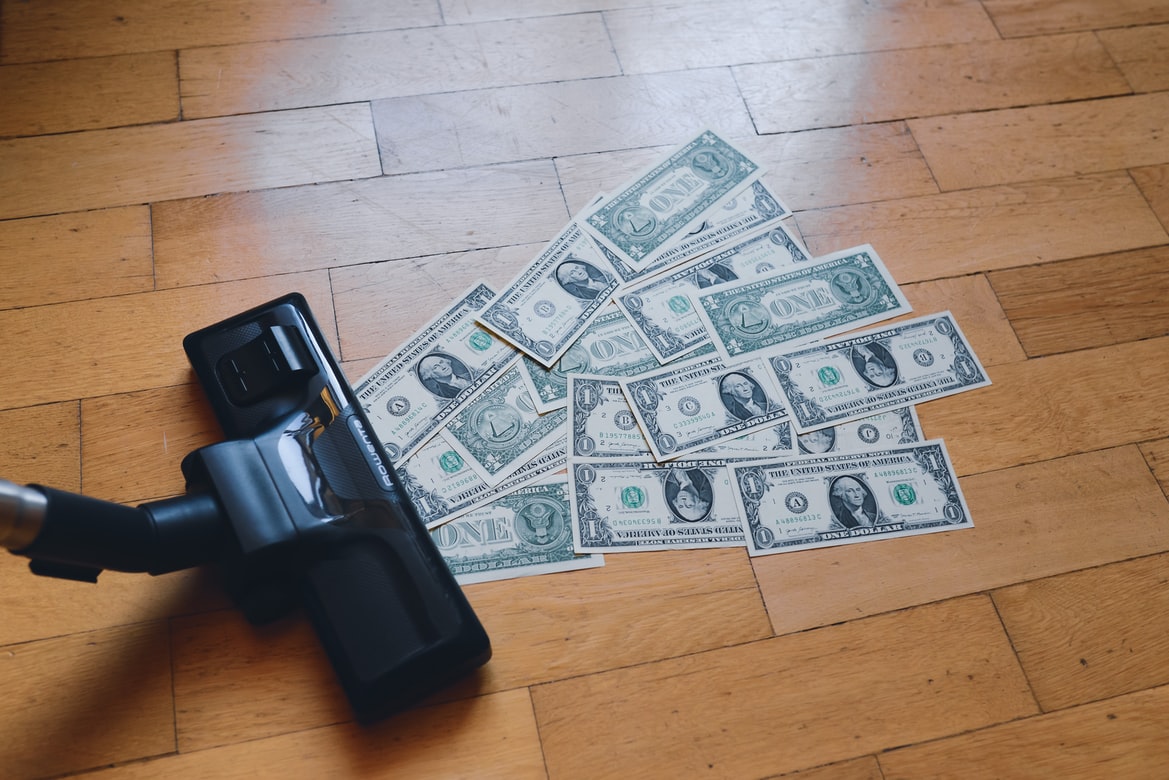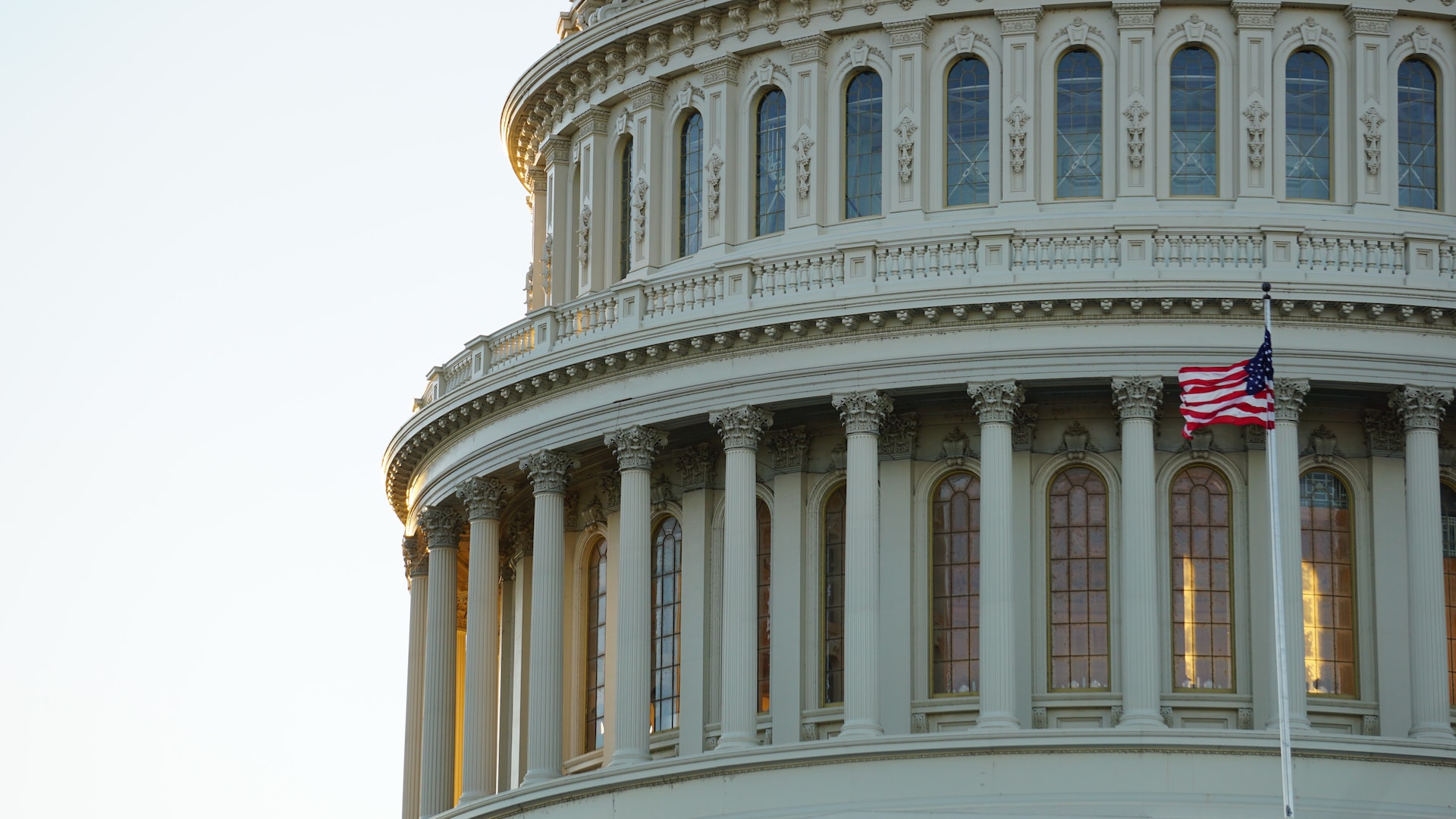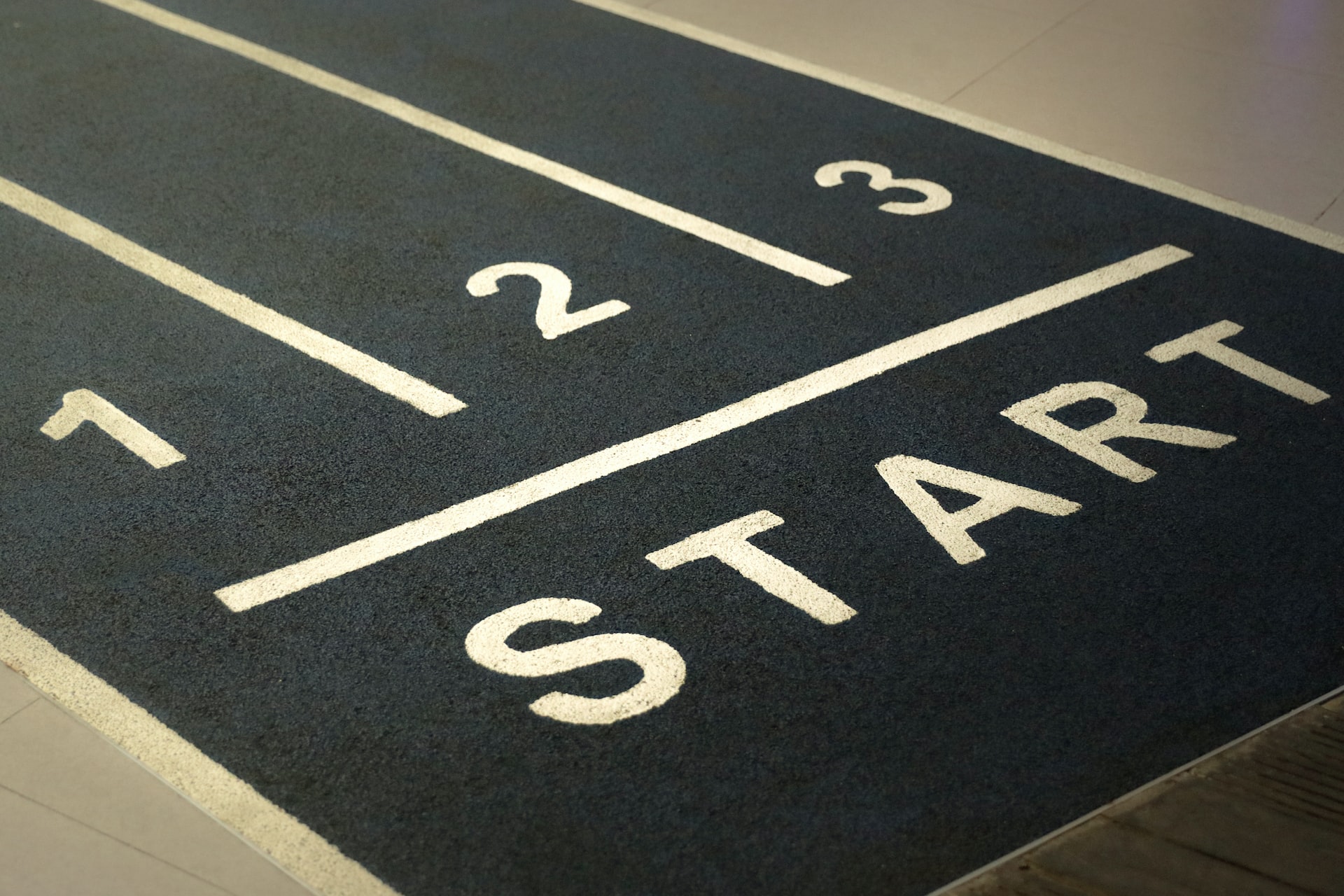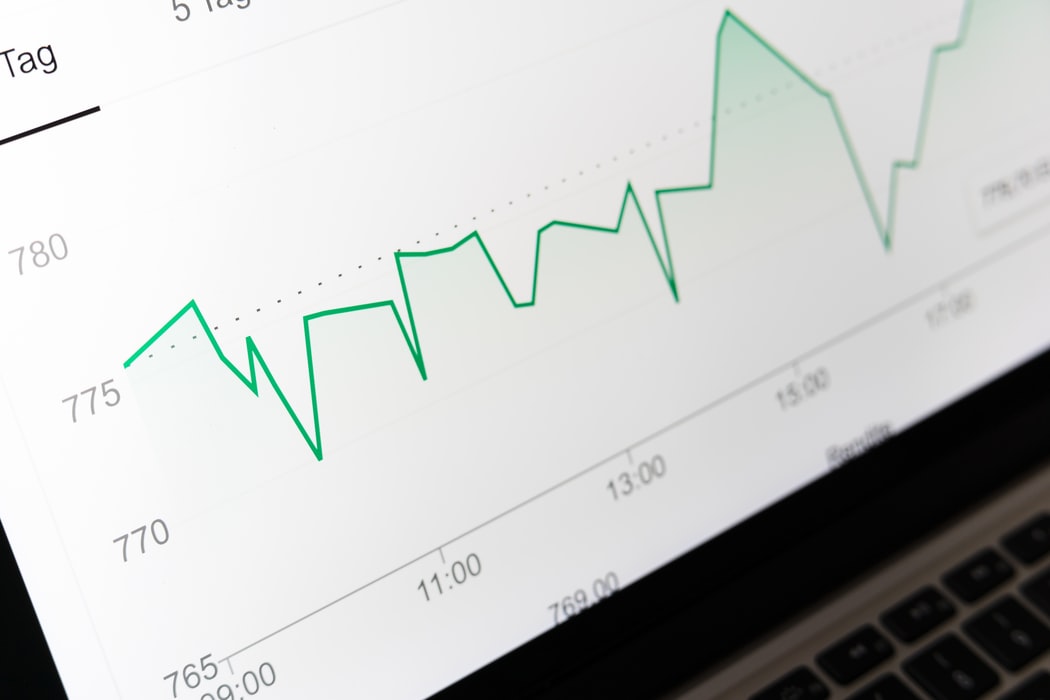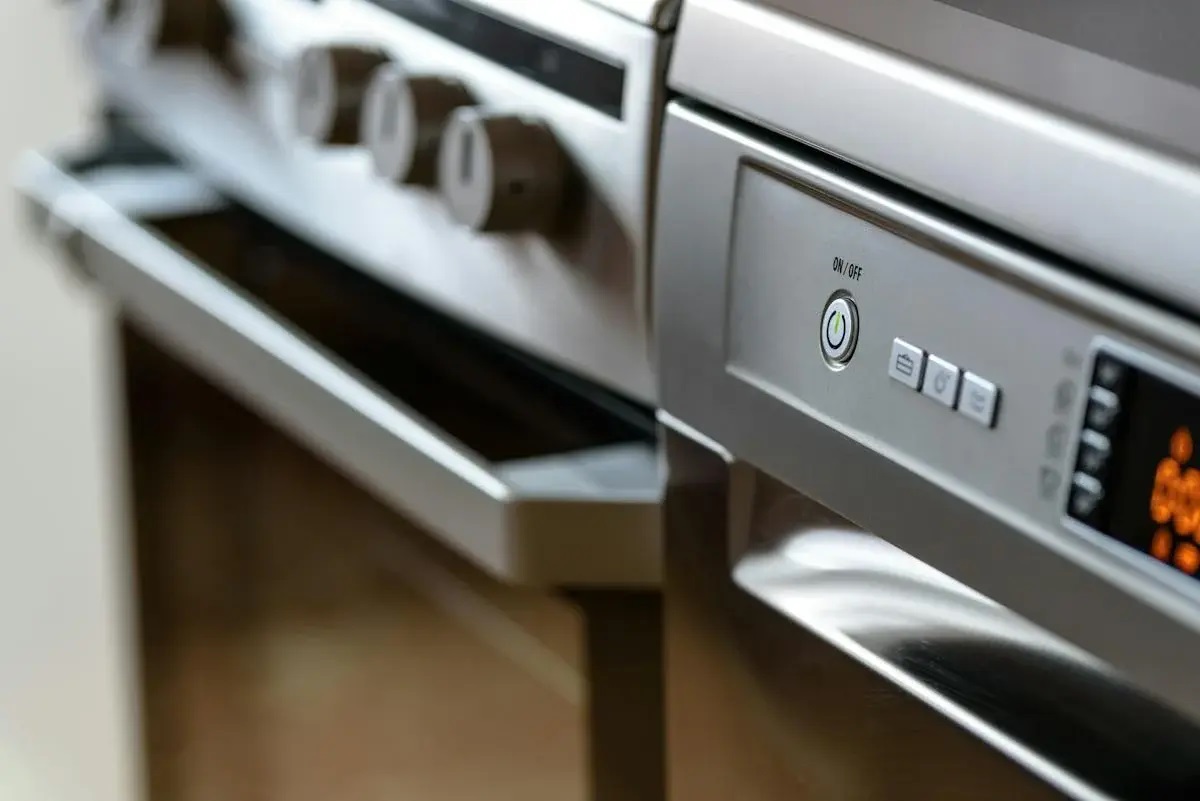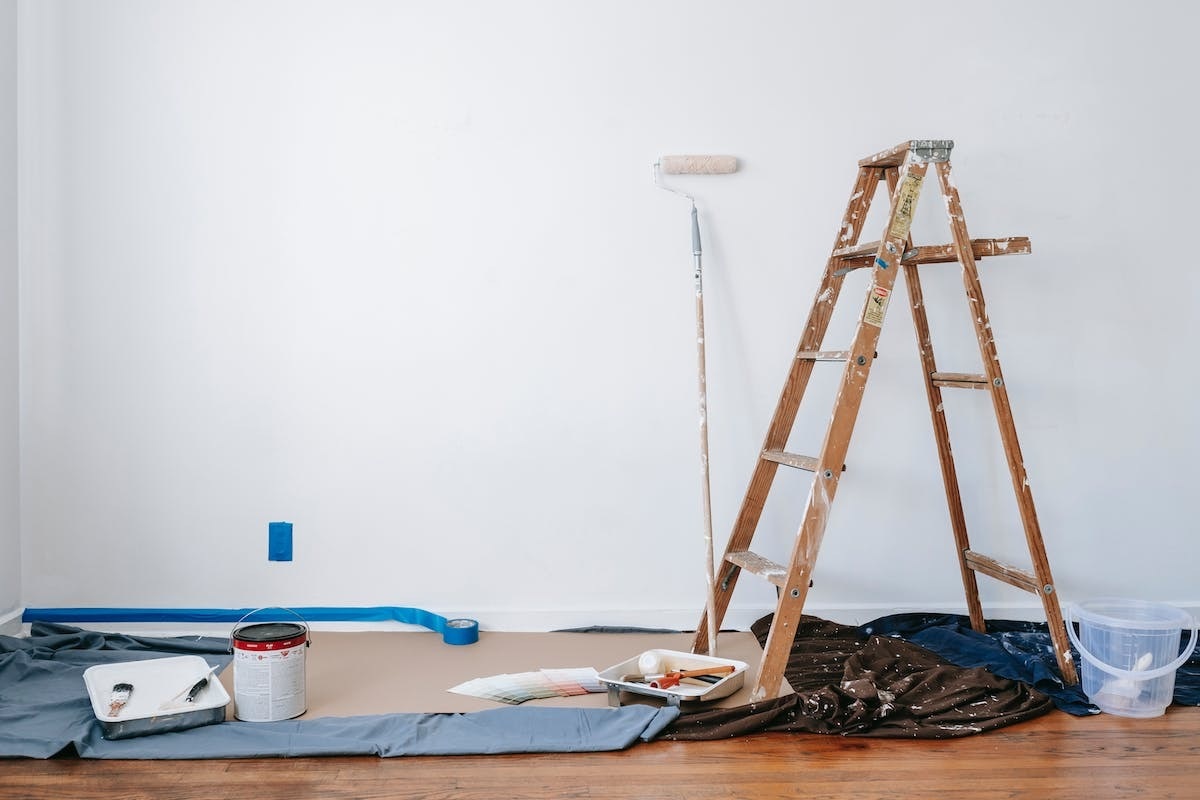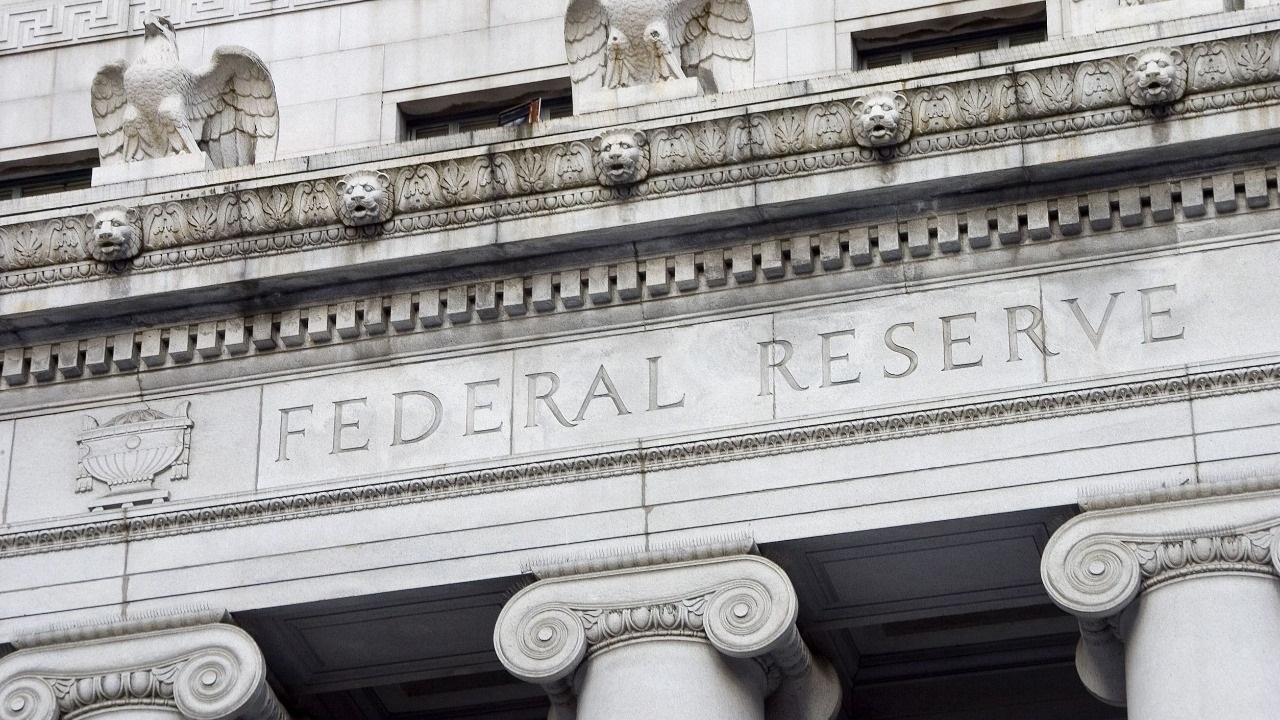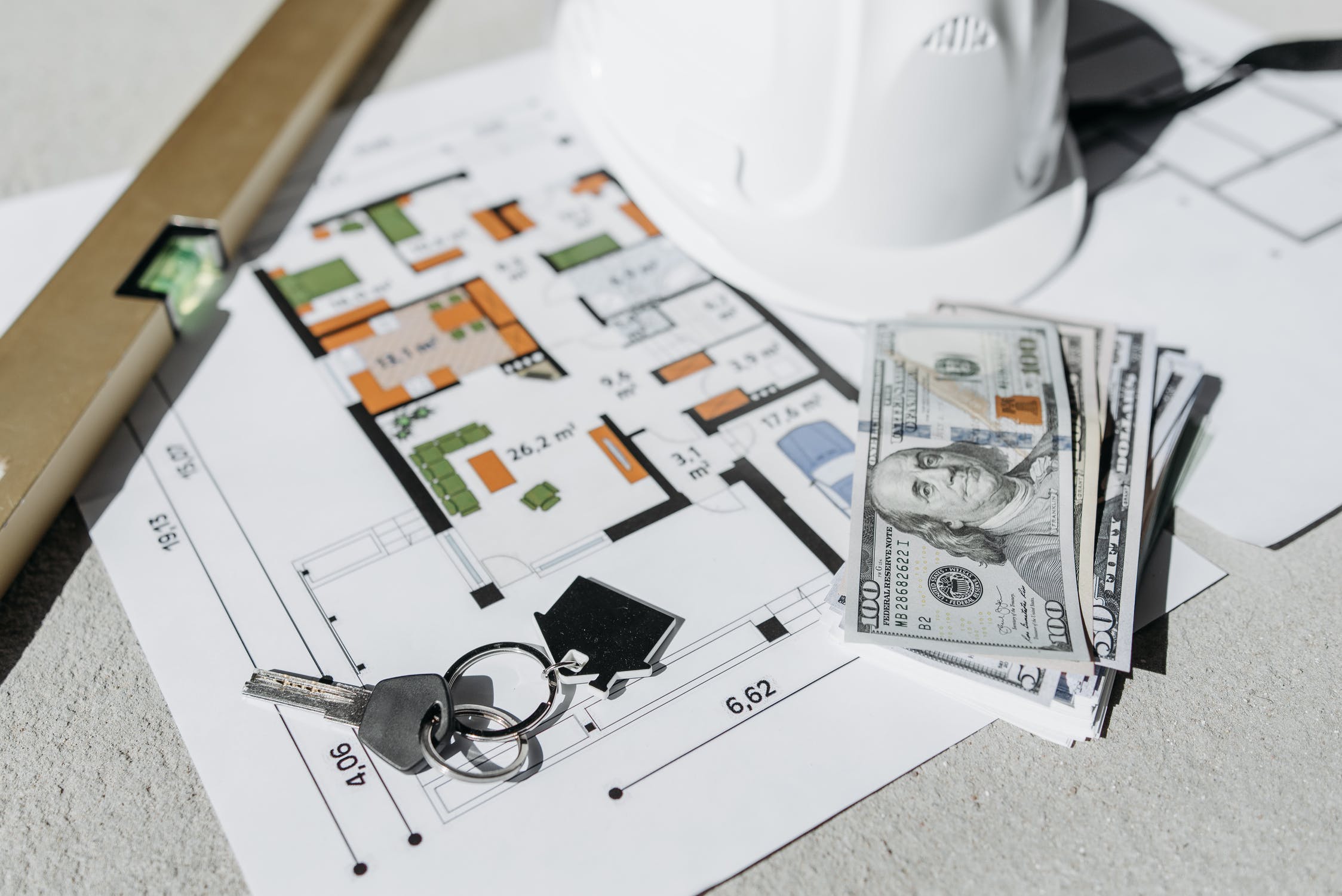
Financial hardship heading in the right direction
___
Published Date 9/25/2020
According to a consumer credit snapshot by TransUnion, for the second consecutive month, the total percentage of accounts in “financial hardship” for auto, credit card, mortgage, and personal loans fell across the board, and financial hardship declined below 6% for the first time since April to 5.92% in the month of August.
HousingWire’s Alex Roha reveals, however, that borrowers may not be out of the weeds just yet, citing an uptick in accounts 30 days past due (DPD) — an early indication that accounts will default and potentially be charged off – with mortgage and auto payments falling into that category.
Roha quotes TransUnion’s Matt Komos: “This uptick for both products could signify that consumers are starting to roll forward on deferred payments as they come off of hardship programs. However, it’s still much too early to tell. It could simply be a missed or delayed payment that is late by a few days or weeks, though the consumer’s intention is still to make the payment.”
Overall, 52% of Americans have been financially impacted by the COVID-19 pandemic – the lowest reporting concern about their ability to pay current bills and loans, and 48% in particular worry about paying their mortgage. Rohas admits that many heated debates have materialized regarding whether lenders have properly informed borrowers of their options when entering and exiting accommodation programs. Millennials were most likely to reach out to companies they have an account with to discuss payment options (67%), while only 42% of Baby Boomers did the same.
“A significant percentage of consumers utilized financial accommodations to defer or freeze payments during the early stages of the pandemic. As the first wave of consumers exit accommodation and a period of excess liquidity, they are returning to their debt obligations and continuing to perform,” said Komos.
Rohas says while 53% of respondents reported making normal payments on their mortgage loans, 14% claimed they don’t know how they are going to pay their next bill. “Many consumers have continued to make payments even when enrolled in financial accommodation plans. The real litmus test in regards to consumer credit health will become apparent in the coming months when these safeguards begin to expire and consumers have less payment flexibility,” said Komos.
About a third of impacted consumers are turning to savings to pay bills or loans, and 13% said they plan to open new credit cards. Regardless, data from the monthly snapshot found that consumers are continuing to make payments, as the average credit card balance per consumer dropped to $5,127 in August, compared to $5,686 the previous year, the report said.
Source: TBWS
All information furnished has been forwarded to you and is provided by thetbwsgroup only for informational purposes. Forecasting shall be considered as events which may be expected but not guaranteed. Neither the forwarding party and/or company nor thetbwsgroup assume any responsibility to any person who relies on information or forecasting contained in this report and disclaims all liability in respect to decisions or actions, or lack thereof based on any or all of the contents of this report.
View the full disclaimer and licensing details at https://homemac.com/mortgage-banker-disclaimer.


David D'Angelo
HMAC Social Media Manager
NMLS: HMAC #1165808
Home Mortgage Alliance Corporation (HMAC)
4 Hutton Centre Dr, Santa Ana CA 92707
Company NMLS: 1165808
Office: 800-900-7040
Cell: 310-980-7157
Email: info@homemac.com
Web: https://homemac.com

David D'Angelo
___
HMAC Social Media Manager
NMLS: HMAC #1165808
Cell: 310-980-7157
Last articles
___

How to sabotage your own sale in a few easy steps
4/18/2024
This is fun, interesting information that everyone enjoys. Every report is a lit... view more

Markets see a minor rebound
4/17/2024
Overnight a little volatility but well within the narrow range, the 10 year note... view more

Downsizing after retirement: A decision best made with careful consideration
4/16/2024
Retirement can be a happy time. Earning downtime not steeped in paychecks and li... view more

China’s reported GDP exceeds expectations
4/16/2024
March Building Permits were weaker than expected with 1.458M versus estimates of... view more

Rate cuts in 2024? There’s no ‘there there’ quite yet
4/15/2024
Inflation jumped in March, giving the U.S. Federal Reserve ammunition to hold of... view more

Global tensions weigh on markets
4/15/2024
Rates began higher this morning on reaction to the increased tensions in the mid... view more

The squatting nightmare: what can you do to prevent it?
4/12/2024
Unless it’s in an abandoned ghost town, vacancy attracts. It invites. Plain and ... view more

Markets get some relief ahead of the weekend
4/12/2024
Some relief this morning, the 10 year note at 8:30 am ET -9 bps from yesterday, ... view more
Load more
 Home Mortgage Alliance Corporation (HMAC)
Home Mortgage Alliance Corporation (HMAC)
























